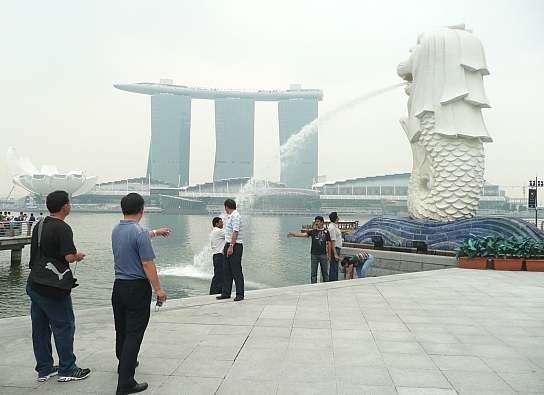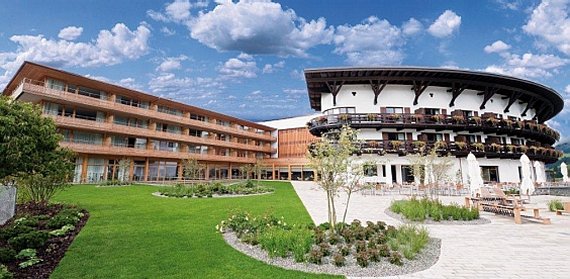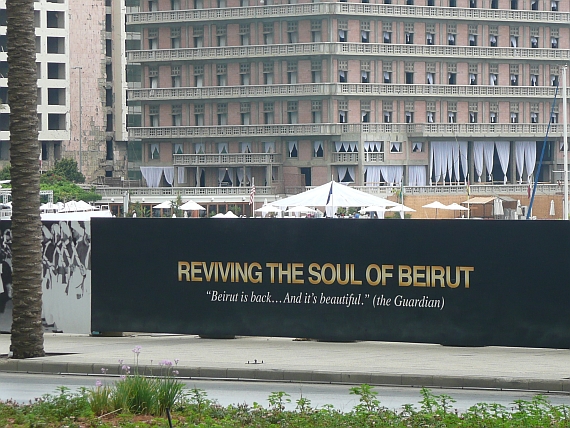
News & Stories
Lucerne. Two new hotels are under construction in the small Melchsee-Frutt resort region in the middle of Central Switzerland, surrounded by lakes and mountains. What is unusual about that? Hotel rooms are being offered for sale.
Berlin. The first specialized "MICE Day" at ITB Berlin 2011 in cooperation with the Association of German Event Organisers promises solutions for travel managers and event planners.
Vienna. Even before its brand symposium, the Austrian Tourism Board have let the cat out of the bag with respect to how domestic tourism experts will in future meet with their international partners "at eye level".
Power Users
Munich. The activity level of Twitter usage does not depend on the size of the event. Social media communication takes place while the event is being held. Power users account for a large share of all tweets about the event. Aside from other results, a study revealed after tracking 10 global events. More than 31,000 tweets posted were analysed.
Vienna. In Soelden, Oesterreich Werbung and the World Cup initiators both started into the winter season hopefully. A study reveals the potential: ten million would-be skiers are just waiting for a pick-up – mainly in Eastern Europe.
Berlin/Pisa. Full speed ahead out of the recession and back on course for expansion. After the worst losses in recent history, the world’s travel industry is back on course for success, much faster than expected and defying the predictions of international industry analysts. Trends from the tourism experts' meeting in Pisa - very close to London's WTM predictions.
London. After a massive slump in the wake of the economic crisis in 2009, the global tourism industry is now again on a record path. All the same, less is being spent – and Europe is still very sceptical. The World Travel Market in London this week formed the framework in which to take the pulse of global tourism just before the end of the year. At the end of August 2010, the World Tourism Organisation announced a record: International guest arrivals were up 6 percent on the "catastrophe year" 2009, clearly surpassing the 3 percent forecast. The picture could, however, be very different in 2011.
Hirschegg/Kleinwalsertal. Planning took longer and in the end costs were higher. Discussions were just as passionate with respect to the beer tap at the designer bar as they were about the delicate natural wood floor… Scenes from the day-to-day workings of a hotel new build project. The newly opened Ifen Hotel in Kleinwalsertal, an Austrian enclave only accessible from Germany, experienced the following: Three months after its unofficial opening, it closed again for a further two weeks - in order to fix hooks, optimise fireplace joints and remove the first stains. It's details such as these which make Travel Charme Hotels an exceptionally successful resort hotel group. The group has felt nothing of the financial and economic crisis. Its resorts are like exquisitely designed yet cosy living rooms and its guests like friends. It's hoped that this clientele will now help to reawaken the sleepy Kleinwalsertal. Expectations of the destination are high, the location is not quite so easy though. But this too is typical Travel Charme.
Dubai. The words budget travel and Dubai are not often mentioned in the same sentence, but the concept is catching on in the luxury-conscious emirate, where more and more developers are looking at building affordable hotels to cater to a not-so-tapped segment of travelers. The second largest city in the United Arab Emirates needs to woo more travellers in the budget segment if it is to reach its goal of attracting 15 million tourists by 2015, a target that is already jeopardized by the wobbly recovery of the global economy. Dubai has moved from being an exclusive to a more reasonable destination. The city has entered into a situation of general hotel over supply, even if the branded budget offer does represent no more than 5 or 6% of the hotel supply, it will be a catch and mouse game between supply and demand, experts say.
Beirut. Lebanon's capital city, Beirut, is a desirable location for luxury hotels. Yet the lack of infrastructure, inflated prices for tourist services and the unstable political nature of the region all combine to make Beirut a risky investment. In this part of the world, even the best laid plans could collapse. Yet in January, the Four Seasons opened its hotel in Beirut, albeit eight years after schedule. Kempinski also plans two hotels in Lebanon. Hilton planned to open a hotel there in 2008. At the moment, Beirut is a "playground for the rich" with the majority of guests currently from Gulf countries. Yet despite such plans for the region, mass tourism is a long way away from Lebanon. A visit to an unstable city with an optimistic hotel industry.





